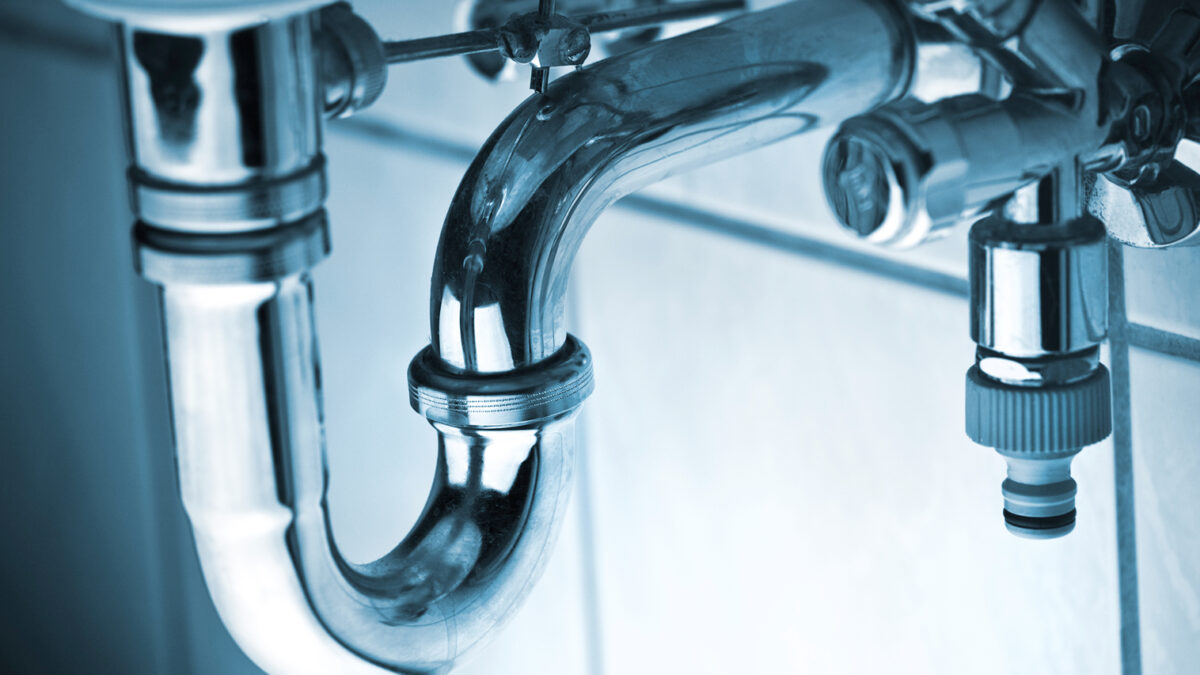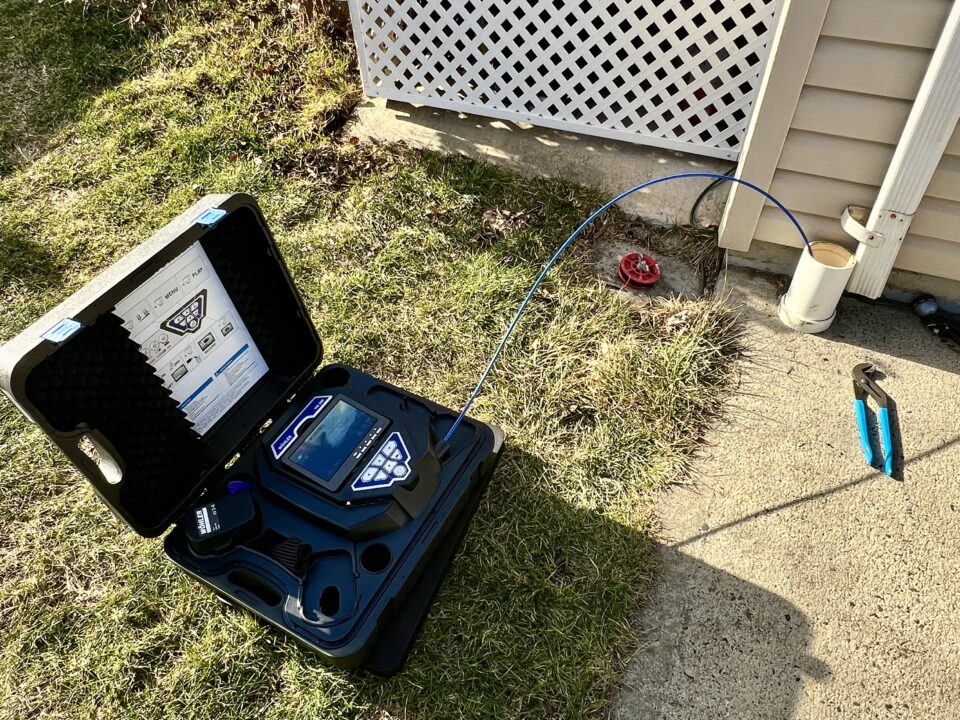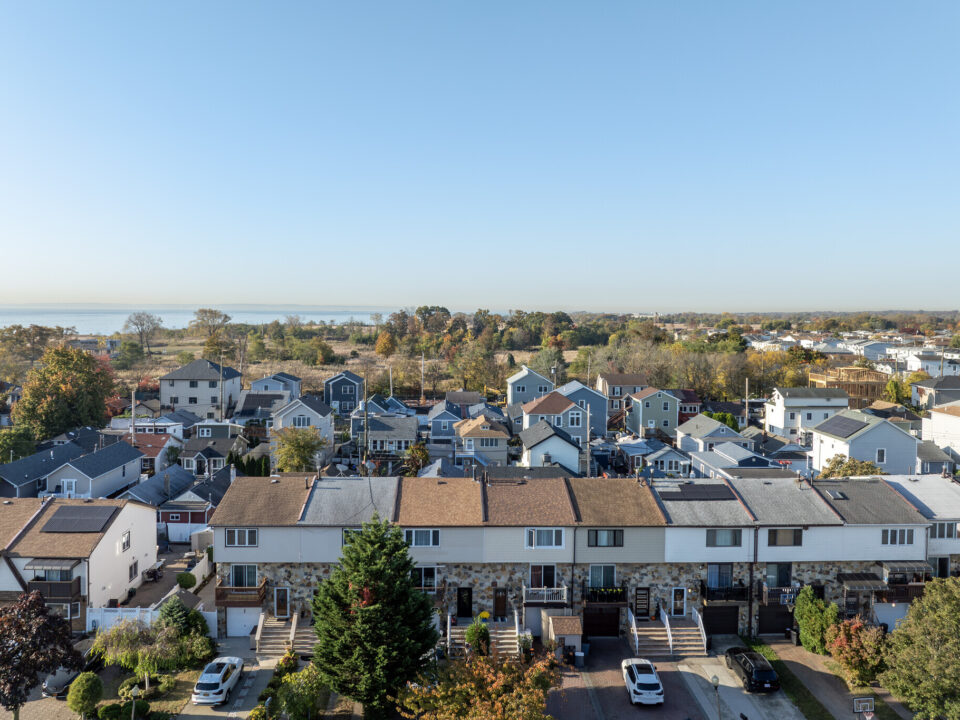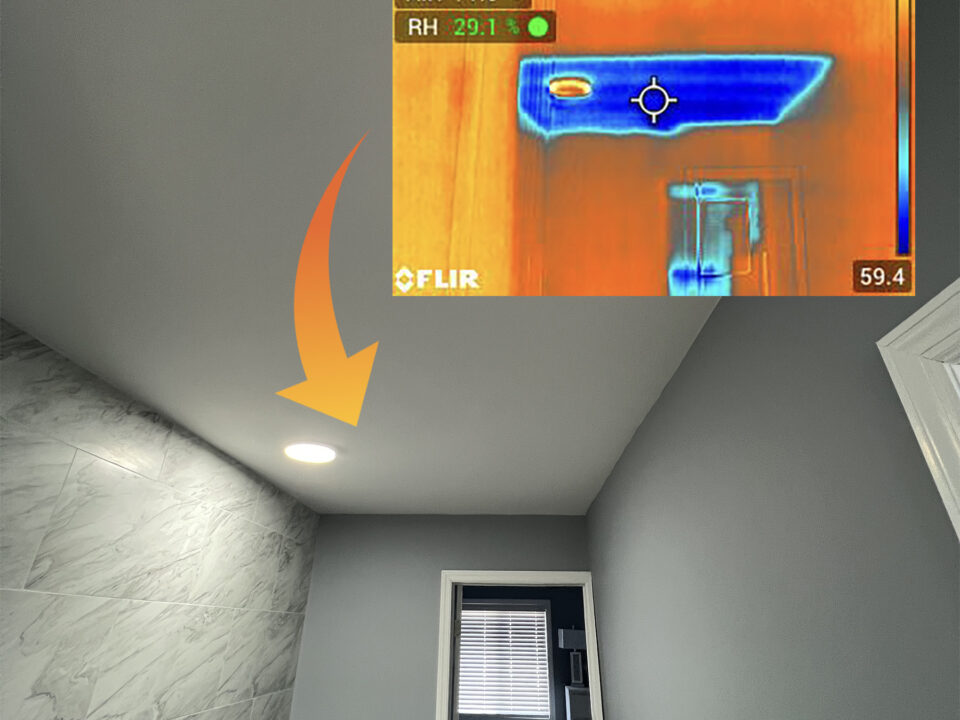
Protecting Your Home: The Importance of Carbon Monoxide Detectors and Proper Ventilation
December 27, 2024
Monitoring Indoor Humidity Levels
January 13, 2025How to Maintain Your Plumbing System
Your home’s plumbing system is essential to daily life, and taking care of it doesn’t always require professional intervention. Regular upkeep can help you avoid major issues, saving time and money. Here are practical ways you can maintain your plumbing system and keep it running smoothly.
Look Out for Common Signs of Trouble
Staying vigilant can help you catch plumbing problems early. Watch for:
-
Slow Drains: Use a plunger or a simple drain snake to clear minor clogs before they worsen.
-
Leaky Faucets: A dripping tap is more than an annoyance; it wastes water. Replace washers or cartridges to stop the leak.
-
Unexplained Water Bills: If your water bill spikes without reason, check for hidden leaks around sinks, toilets, and outdoor hoses.
-
Low Water Pressure: Sediment buildup in fixtures or pipes can restrict flow. Clean aerators on faucets or showerheads to restore pressure.
Routine Maintenance Tasks
Preventative maintenance can extend the life of your plumbing and avoid unnecessary repairs:
-
Clean Drains Regularly: Avoid using harsh chemical cleaners; instead, flush drains with boiling water or a mixture of baking soda and vinegar.
-
Inspect Pipes and Fittings: Look for signs of corrosion, leaks, or loose connections, particularly in exposed areas like basements or under sinks.
-
Flush Your Water Heater: Sediment can accumulate in the tank, reducing efficiency. Draining it annually helps maintain performance.
-
Test Your Sump Pump: If you have one, pour water into the pit to ensure the pump activates properly.
Outdoor Plumbing Tips
Don’t forget about exterior fixtures and pipes:
-
Disconnect Hoses in Winter: Freezing temperatures can cause water in hoses to expand, damaging connections and pipes.
-
Check Gutters and Downspouts: Clear debris to ensure proper drainage away from your home.
-
Inspect Sprinkler Systems: Look for leaks or misaligned heads that waste water.
Smart Practices for Everyday Use
Your daily habits can also impact the health of your plumbing:
-
Don’t Pour Grease Down the Drain: Grease solidifies in pipes, leading to clogs. Dispose of it in the trash instead.
-
Use a Strainer: Install strainers in sinks and tubs to catch hair, food particles, and debris.
-
Avoid Overloading the Garbage Disposal: Feed it small amounts of food at a time, and steer clear of tough items like bones or fibrous vegetables.
When to Call a Professional
While many tasks are DIY-friendly, some situations require expert attention. Call a plumber if you encounter:
-
Persistent low water pressure
-
Recurring clogs
-
Leaks you can’t locate or fix
-
Rust-colored water from taps
Conclusion
By performing regular maintenance and addressing minor issues promptly, you can keep your plumbing system in great shape and avoid major repairs. Simple habits like cleaning drains, inspecting fixtures, and being mindful of what goes down the pipes can make a big difference. When in doubt, don’t hesitate to seek professional help to tackle complex problems.





